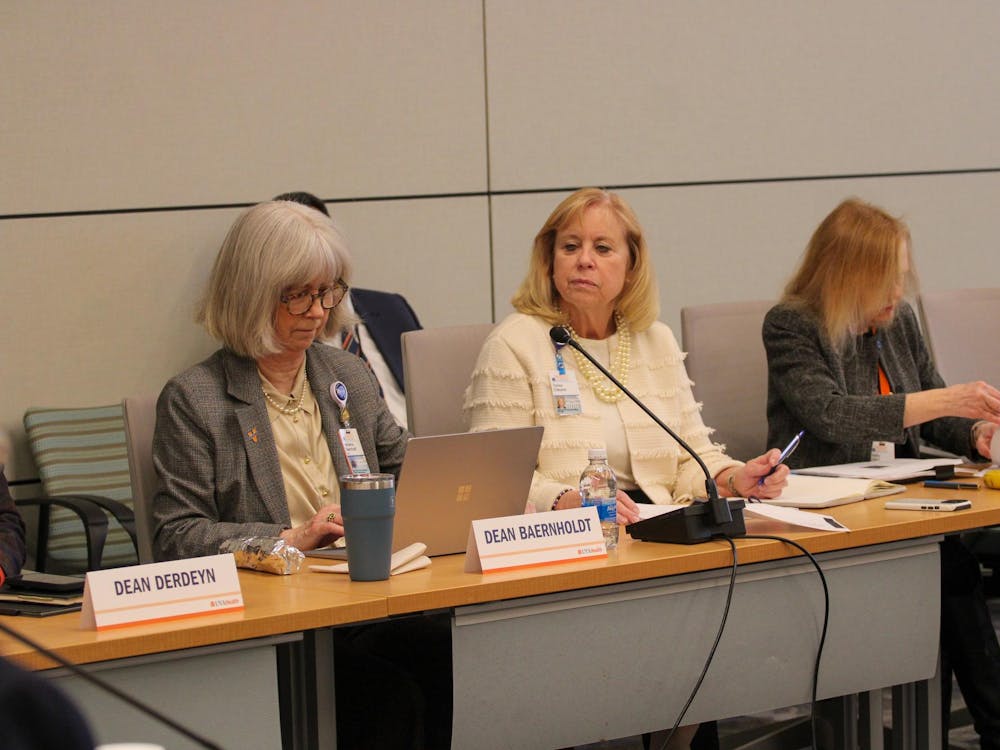The University, in partnership with IBM, launched the Computing for Sustainable Water project yesterday, according to a University press release. The project aims to track and forecast changes in the Chesapeake Bay ecosystem during the next 20 years.
The computing power of IBM's World Community Grid, a public supercomputer, will enable researchers to perform millions of experiments about the impact of agricultural and commercial decisions on ecosystem health in a short period of time, Jeffrey Plank, associate vice president for research at the University, said in an email yesterday.
Assoc. Engineering Prof. Gerard Learmonth, who designed the project with Engineering Graduate student Ryan Bobko, said in an email the experiments will measure nitrogen and phosphorus loads entering the Chesapeake Bay from its surrounding watershed. Researchers will assess whether the "Best Management Practices" governments currently use will effectively reduce nitrogen and phosphorus flows into the Bay in the long run.
"Among the parameters to be tested individually and in combination will be actions that can be taken by individuals and policy-makers to reduce the nitrogen and phosphorus loads reaching the Bay and thus hopefully restoring and sustaining the Bay's health," Learmonth said.
The project's findings will yield "data of enormous value to both the public and private sector," Plank said. He said the U.Va. Bay Game, which uses simulations to measure the impact of policies on the region's economy and ecology, served as a basis for the IBM project.
"It's hard to imagine how we could have completed the IBM project without the experience of developing the Bay Game," Plank said. "With the computing power of the World Community Grid we can represent far more agents,"






